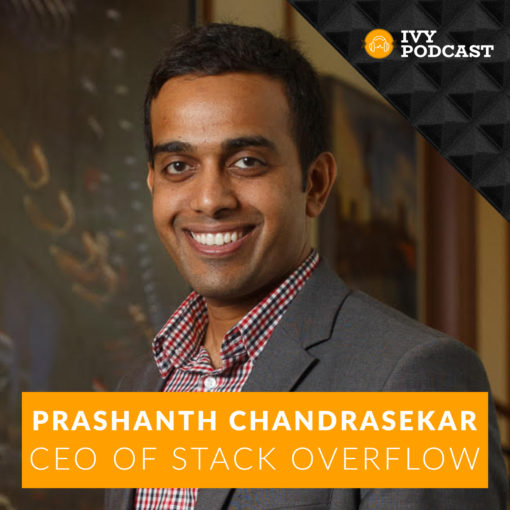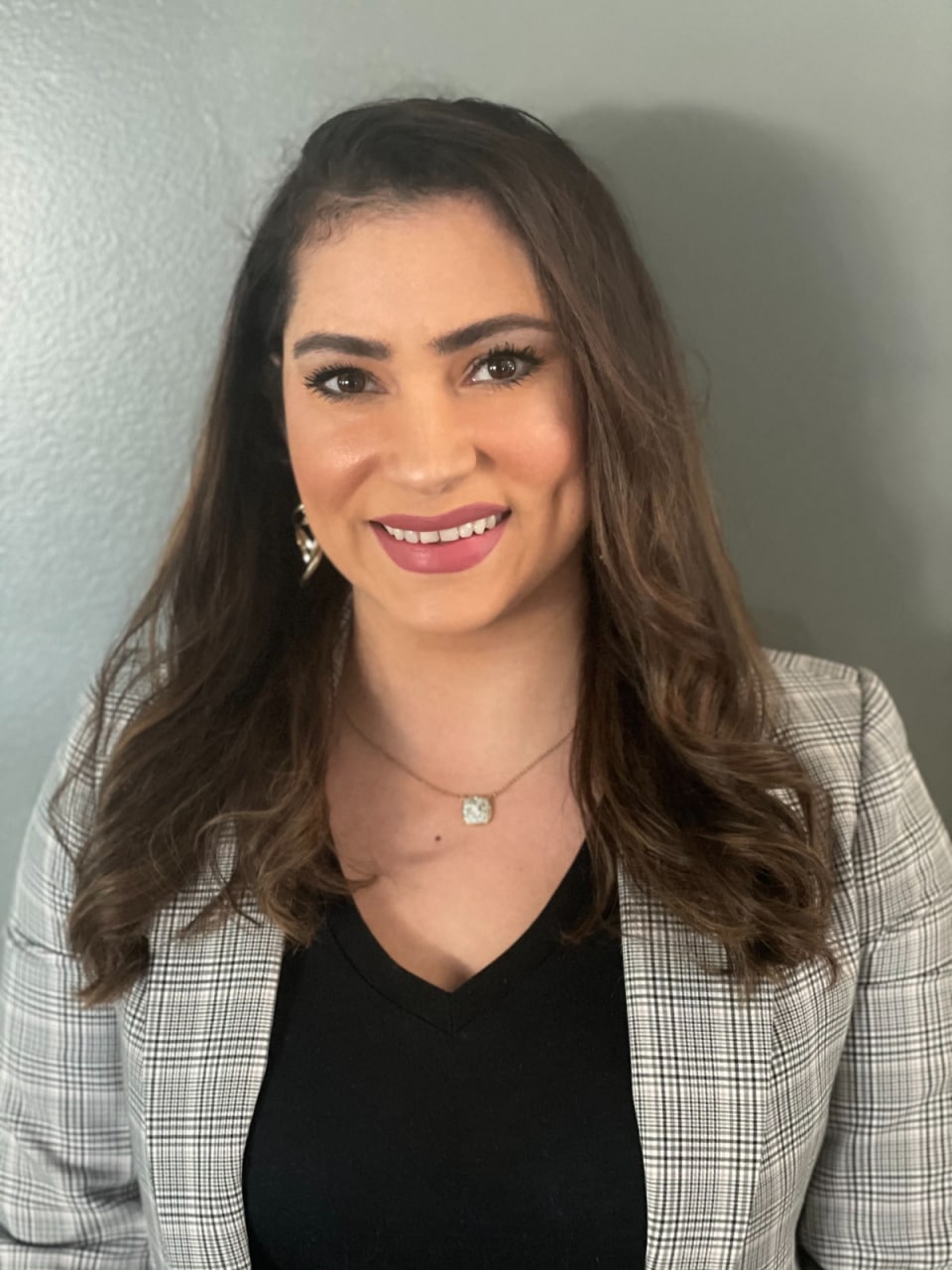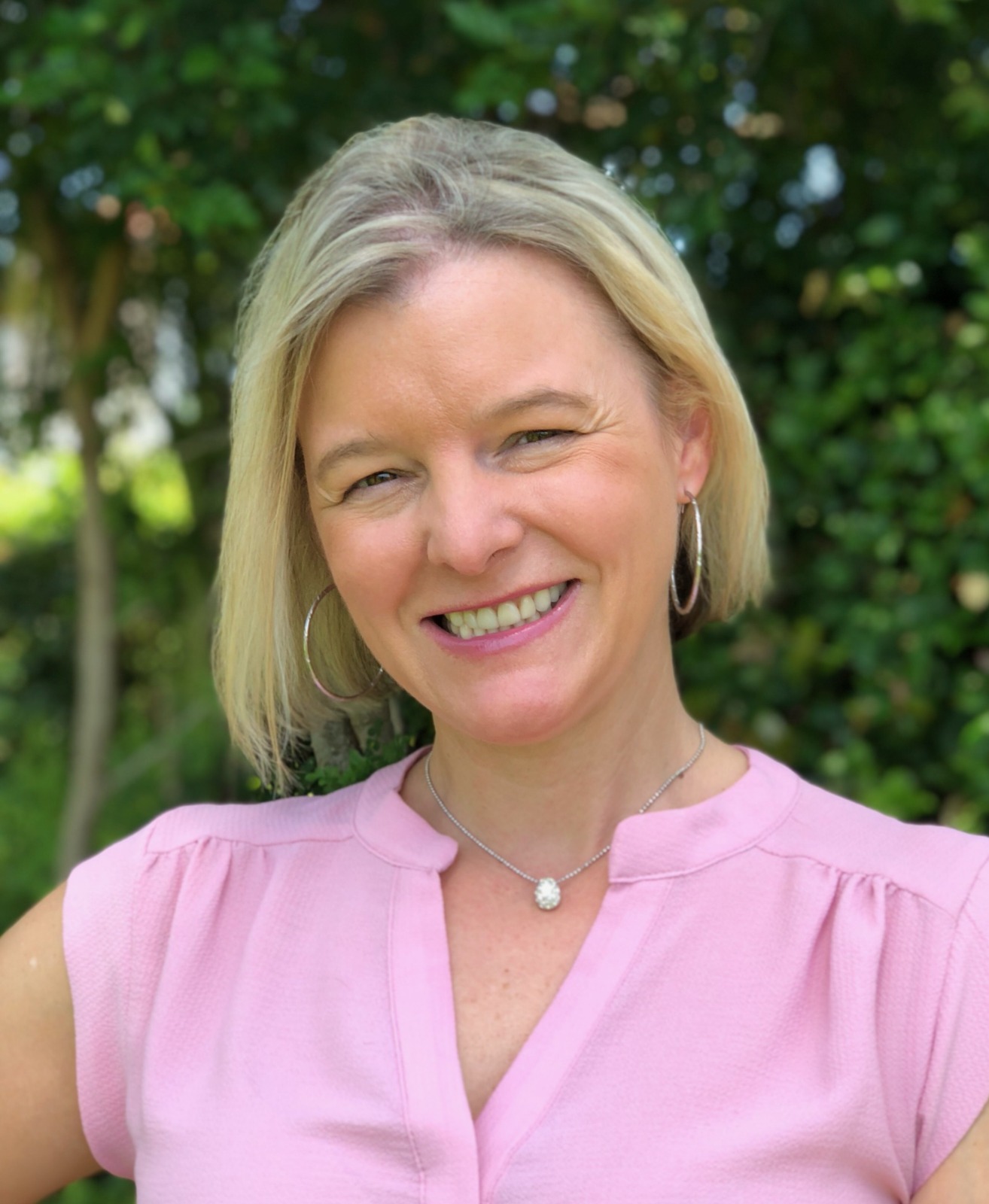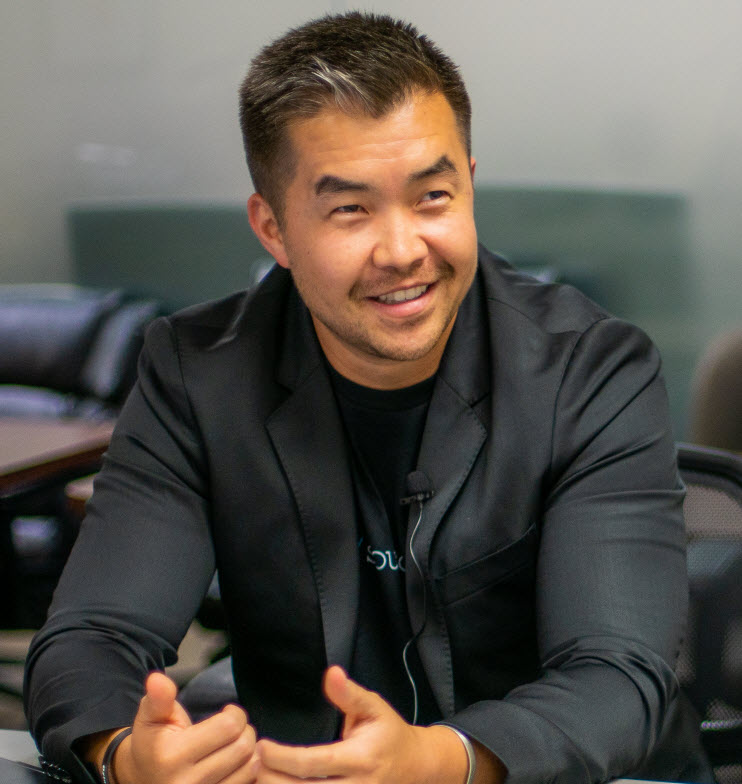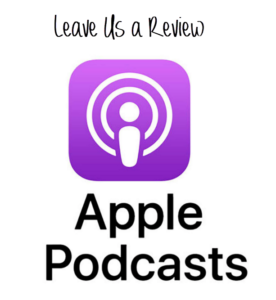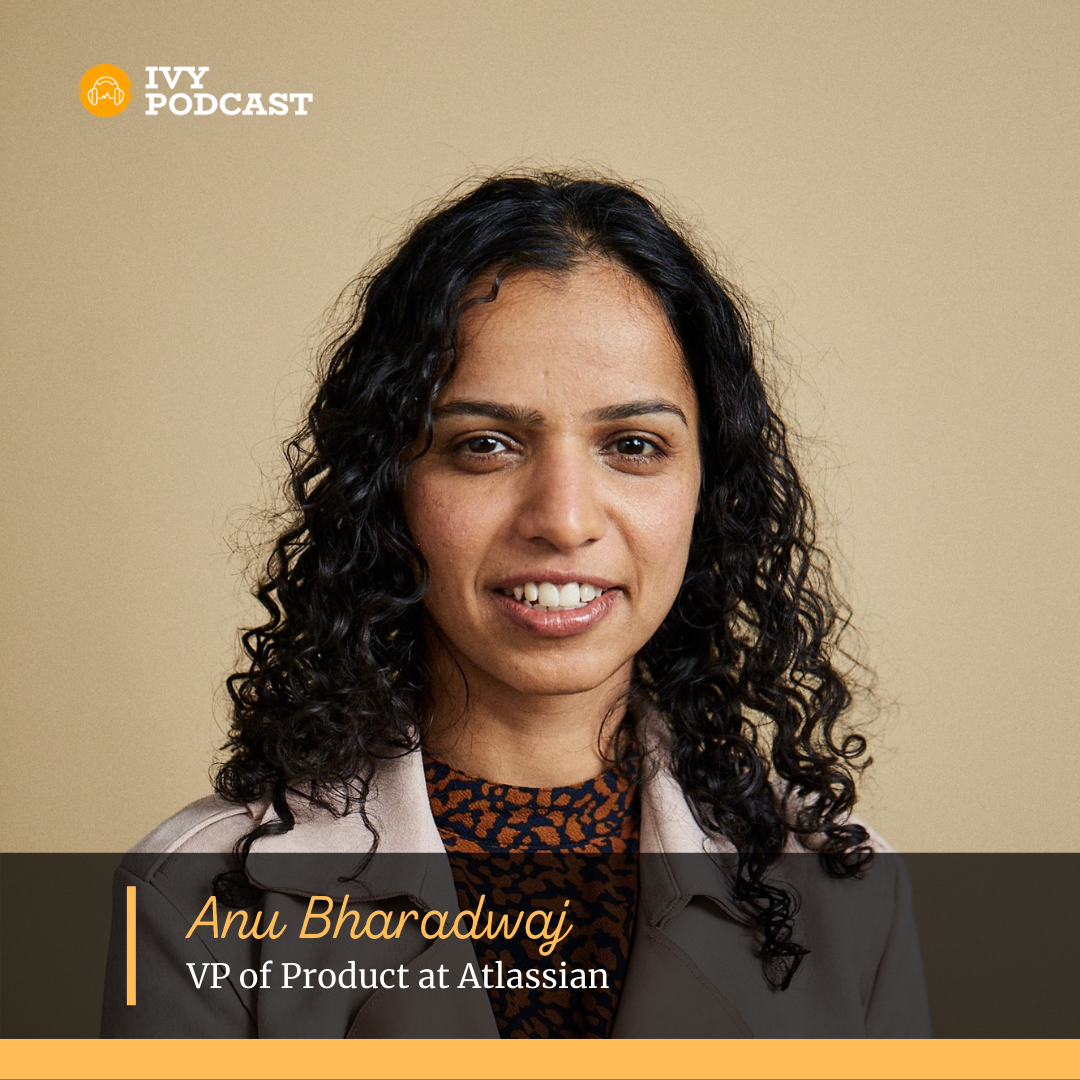
Anu Bharadwaj is VP of Product at Atlassian. She is an accomplished executive with a track record of growing $500M+ businesses, building great teams and shipping blockbuster products.
Anu joined Atlassian in 2014 as the Head of Product for Jira. Prior to Atlassian, she built several products for developers in Visual Studio at Microsoft for over 10 years. She is passionate about making the world a better place through technology and effective philanthropy, and currently serves as the Chairperson of the Atlassian Foundation, a non-profit organization focused on global education.
Episode transcription:
F: I'm very excited to have you on with us today, Anu. Thank you. A: Thanks for having me on the board. F: Just to get us started. Just tell us a little bit about yourself and how you ended up in Product. A: Yeah, that's an interesting journey. So right now I work as the VP of Product at Atlassian, a brilliant technology company. We build the tools for our software development teams and all kinds of things that work in a collaborative fashion. I started out as a computer science engineer at school and I joined Microsoft straight out of school. I don't remember how they had recruited me off a campus and they said my first project was going to be writing video games on the darknet STT. I was like, I'll do this job for free. You're actually going to pay me for it. That's awesome. So I really enjoyed being an engineer and getting to work on cool technologies at Microsoft. And over the years I became an engineering lead, while working at the developer tools division, which basically built products for software developers. Given I was a software developer myself, it was easy to relate to customers. It was an advantage to be of the same customer persona. So I ended up talking to customers a whole lot, figuring out what does working with the product, what is not, and in general, find out whether the work we're doing is actually having an impact. And I do remember at one point of time, I was working on a product called Teen Bell and I was talking to one of our customers of Greenville. And he said, because of your product, I can get home a couple of times earlier each day because your product is saving time on a day to day basis. So I actually get home in time. They will spend some time with their kids and play with them. And I was so moved by that, it was so enchanting to hear that something I work on a day-to-day basis is having that kind of an impact on the real person's life. That was really the moment when I felt like, Oh, okay, that's kind of the point of doing this work. This is what moves me, that my work is really having an impact on users or customers that use our products, at which point of time the GMI basically said, Hey, you're already doing the work of a Product Manager. I think you should shift roles from being an engineering lead to a product manager. And that's how I all got into product management. F: More and more product teams are going remote, especially in the face of the COVID-19 pandemic this year. I mean, it's good that we at least have a vaccine, but one thing that I wanted to get your take on is what challenges have you seen product teams face in this method of operation and what strategies would you recommend to ensure success? A: Yeah, it has been quite the roller coaster different than any other year in my career. And I imagine many of your listeners' careers as well. So back in February, March, when we were hit by COVID like all other companies we switched to being fully remodeled last year, right away at the beginning of the pandemic. However, we recently made a decision to move permanently to a distributed workforce, but before going there as COVID has unfolded through the year, a few things that have noticed not just across my own product teams, but product teams across the industry, it has been a uniquely difficulty or lots of burnout, difficult personal circumstances, difficult to collaborate in constant. There was a change hitting your teams. It's difficult to foster a shared vision, maintain morale and comradery when you don't really see people face-to-face. So, one of the common patterns that we observed was really that shipping to a completely remote work style was difficult for our employees. So initially we gave equipment to our employees to set up a home office so that they're comfortable, enables them to carry out equipment from offices for our economic comfort, like having a chair matters a lot when you're spending so much time in meetings and staying at home. We launched a wellness program which really helped. That was a strategy that I saw how to have a positive impact on our employees. This was an app that offered sessions with a counselor to help deal with the anxiety and loneliness of the pandemic and different employees with different personal situations, have different kinds of problems dealing with the pandemic and having a counselor to talk to him. Having a focus on mental health and wellness really helped. Uh, we also insinuated a team wide holidays, created the pulse surveys to monitor sentiment and also changed our performance assessment process for the year. So that there's no additional pressure on employees thinking about how to deal with the findings through the year. So as the year has unfolded. Uh, we've tried a variety. You have different strategies and tactics, things that have NDR, what our product teams have been. We've set up new rituals, which are a lot more remote friendly. Now, since everyone has to dial in over Zoom meetings, we are rethinking asynchronous work so that we don't have an overload of video conferences through the day. So that employees get time to really think about structure. Free time zones and structured creative thinking and blocks. Also we've, like most other companies, we have figured out how to organize online, social events, online conferences, product craft docs, a lot of those kinds of bonding events. Last but not the least, given we are a high-growth company, we really had to pay a lot of attention to onboarding new employees in that remote setup. It can be particularly harding by culture of a company, when you're joining remotely and you haven't really met your coworkers. So this is something that I'm actually really pleased with the kind of rituals and practices that we have set up to make remote onboarding a lot more effective, newer lessons. F: It's important to see that your team and your company focuses more on employee wellness, given some of the initiatives that you just alluded to earlier, I'm curious to know from a strategic standpoint or some of the lessons learned, if you look back from where we are today versus when the pandemic started back in March, what was the main thing that you have learned as an organization or as a team? And so that in the future, if something like this were to happen or in any different instance, you guys will be fully prepared. I know you talked about switching to remote immediately full-time but holistically what's the biggest lesson learned that you can point? A: A couple of things that come to mind. What if I just looked back at the whole year, one thing I've been amazed at is how resilient our employees have been. I mean, it's not just been one form of challenge to the year, depending on where you live. There have been several incidents that have created ripples of unrest and difficulties. And through the entire year, really, it's amazing to see that we've created a community of Atlassians that have come together to help each other, to make sure that everyone can deal with adversity together. And for me, it's really brought home the fact that the culture of a company matters a lot more than you see on a day-to-day basis. Without a lasting culture of teamwork, being so central to our day-to-day work in life, it would have been really difficult for us to bind together across we have developed different offices, a number of new employees joining, through the month, it would have been really difficult to find a shared vision, shared goal and build up the kind of community that we have without a strong team-based culture in place. In terms of answering your question of how do you deal with similar situations, one thing that we've definitely learned over the past year is that we've accelerated already set direction into distributed work. Last insist that we are an Australian company that was headquartered started in Australia is headquartered in Australia and have grown significantly over the last 10 years and by necessity have expanded into different countries. So we already, we're a pretty distributed company. We had offices in the US, we have offices in Amsterdam, Bangalore, Poland and Australia. So having been spread across these times zones distributed work was already a reality. But shipping to a fully distributed work has definitely taught us a few lessons and a few more working that will be really valuable in adapting to a future where a lot more teams and companies are going to adopt the fully distributed model. That's our firm belief. F: What are some of the trends that you envision will change? How product management is conducted over the next, let's say three to five years? A: Yeah, always interesting. Anyone that wants to look foolish should make predictions. I was just reading a book about it this morning, so with that in mind, a few things that look like trends that will emerge for the next few years. Jjust continuing the thread from where we were talking. Remote work is definitely going to be more accelerated. We've talked about digital nomads and distributed teams for a while now, but, um, just the acceleration of digital transformation of several companies means that the way that we build products and services is going to change. And product managers being at the center of building these products and services will have to adapt to working in a fully distributed mode. So what does that actually mean? Rituals, like bringing your team together with a shared goal and shared purpose, harder to really burn, connections get stronger once remotely. So you have to think about, okay, how do we really create a social comradery, culture shared work in landman when working across time zones and working with people you haven't really met in person? How do you inspire your team to go after a shared goal when you don't have these serendipitous hallway conversations where you can share context and small injections just on an organic basis? And how do you actually align fatigue and the fact that there are so many meetings, hat you have to explicitly create the half shared gland? How do you actually rethink your work so that you structure it to be a bit more asynchronous than random business, as usual as you were, when your engineers and designers were sitting all around you in the same office, something to rethink. So, how does product management and the distributed world work? And also building a product for a distributed world. I mean, we've seen Zoom really take off and plenty of other collaboration tools like whiteboarding tools, video sharing tools really take off so that I imagine that will be an increase in the number of digital productivity, digital collaboration tools. We're reversionary to be in that space at Atlassian. So we see, in fact, a lot more of our products get used by our customers. More heavily being more sticky in a distributed environment. A second trend that we see a fair bit is just the use of our data in a secular sensible. But also being able to make smart predictions and really help you move your work forward. So not data for the sake of data, because now AI machine learning is such a overused buzzword. That really, how do you use, um, whatever contextual knowledge you have about the people that are consuming your products to make their lives easier? In a world where there is an overload of information, how can your products be smart enough to cut through the clutter in author or something insightful and meaningful and relevant and personalized for your users using data smartly? I think that is another thing that's going to become really crucial for product managers to think about as they're building new products. F: There's something that you briefly touched on earlier. You know, when I go back to that, so you work for a global organization and I'd like to know what are some of the barriers that product teams face when it comes to their collaboration with decentralized teams that span different continents and what are some of the potential risks that you've seen come across? A`; Yeah. Yeah, that's a good one. So through different teams that I've worked in, one factor that has been constant as they've all been distributed teams, uh, we've had employees that are working in different offices in different time zones, sometimes working in the same city, but working out of home or working out of a different physical location. So a few things that are difficult, which we spoke about earlier. And a few solutions that have actually worked for us. One, Trello, one of our products that are LaSeon has always been working as a fully remote team. So one tactic that I learned from that I learned that worked really effectively on that team was even when there were three or four people in the same physical office and a few remote workers. Every person would go into their own space and dialing into a conference call so that it doesn't become four people in a room and three others calling in and the four people in the room tend to interact a lot more intensely because there's many face-to-face around the table. So having each of them dial in on their own really creates an equal footing. So everyone feels like, Hey, okay. We are all in the same circumstance. We're all meeting over the video call. So being conscious about little tactics like that really helps a second tactic that is useful, we have this concept of halos there because we have 12 offices literally spread all over the globe. It becomes difficult to work with time zones that are extreme polar opposites of each other, so what we try to do is construct teams around a halo. There is a useful thumb rule, to say, you have at least four hours of working overlap. So we typically tend to have West coast and East coast or West coast in Australia teams where at least half of the Workday, you can have an overlap of three to four hours without either of the teams stretching into late evening or early morning hours of their time. Being conscious around structuring your teams. That way helps to make sure that even if you locate the engineering teams and a product manager in one location, and an engineering team in another location, at least they have enough time to really interact with each other or sense of being meaningful. Third one that we actually publish a lot of practices in place through that last playbook on our last blog is the concept of health monitors, because we focus so much on teamwork. We've come up with a bunch of rituals and practices that really help establish the health of your overall team. Does your team understand what the shared goal is? What is the shared notstat? What is the metric that we're really trying to nail this quarter? How are your OKR structured? So we typically have a pulse surveys to say. Hey, is this the entire thing on the same page? If not, can we take a minute and actually align? So we're all in the same boat in terms of where we're trying to go, where we're trying to ship. So we've collected a bunch of those practices and published them as our class in playbook. We call them, people in practices, through the Atlassian playbook on our blog posts, so that's really being mindful and intentional about it has really helped. F: The use of advanced methodologies, such as AI machine learning and deep learning are on the rise across different organizations. Do you see this technology is having an impact on product, please share any examples that you've experienced in the past? A: Yes, definitely. Like I spoke about earlier, one of the trends that's becoming more and more prevalent is data literate product managers. Being more at the center of things. So earlier, it was okay for product managers to really just focus on the why, or why you're breeding the product and focus on the more traditional providing service, building a product that's not necessarily making use of data, but given the ubiquity of, data analytics and insights right now, it makes more and more sense for a lot of products to take advantage of things like getting data and extracting insights from there that make your end user's life useful and and help them get through the clutter. So for product managers, a few things, concrete things that are important that play out in my team as well. One is just to make sure that they are data literate, but they're able to actually look through usage analytics, through patterns of customer usage of your products, and be able to say, okay, here's the kind of data that if I surface to my users, it's going to be useful. It's going to help them move their work forward in a meaningful way. So being data literate is very important. Second, for product managers that are working on a mil capabilities or something that's more predictable that can actually surface in your product where you can guess what users are wanting to do next or what they would probably find value in. It's important to have some level of ability to create models and be able to apply them yourself, so product managers definitely need to up-level their skills in terms of being able to do basic operations like that. And third, that will be a lot more governance and regulation in the space of data. If you look at just the trends overall, of legislation, not just in the US, but across the entire world, it's highly likely that we will see more and more regulation and governance of this data. So it's very important for product managers to understand the impact of that, not just on their own products, but also for their consumers. And be able to explain here's how you're using data in a safe and secure way, and make sure that the products they're working on are really compliant and able to follow regulations as stated. F: We've talked a bit about product. Now I want to segue to projects, project management, because that's my background. What are your thoughts on how project management and product management can work collaboratively within the same organizational environment to achieve successful outcomes? Do you have any prior examples or have you seen this in the past? A: Yes, definitely. Project management and product management are very differently defined in my experience, although both are crucial to a successful outcome, whether you're building a product or providing a service product, managers are very focused on the why and what. Why are you building this product? What is the service you're providing? What is the customer problem you're solving while project managers are very focused on the how and when, how are we going to build this particular product? How are we going to deliver the service? And when is the right time to go to market? How do you trade off between various different variables and factors that are impacting your project? Should we hit the deadline as planned, or should we take ahead depending on the risks, the successful risk management, most of that, so different companies handle these roles differently. At Atlassian and previously at Microsoft, we have separate roles for product management and product project management, but it is also common for engineers and engineering leads to handle project management in many cases. The key for product and project managers to work together successfully and collaborate without too much of an overlap or conflict or confusion is to make sure that roles and responsibilities are clearly defined when you have different roles. It's easier. For those responsibilities, to be clear, we have the product managers whoI'll handle the why and the what, and the project managers design handles the how and the when. And we will bring this all together to accomplish the shared goal. When you have overlapping roles, when the product manager is also expected to do project management or vice versa, I think it's important as a team that you set the clear priority guidelines to say, Hey, let's define what shared success looks like for this team. Is it that we have to ship by a certain date to market or else we are going to lose a chance of being successful, or is it that we have to fit a particular metric in terms of our lack of usage or number of customers that are willing to pay money and buy your product as you should. The service, so it's important to define what the chair of governance, and then it becomes clear walking on the priorities overall, is it sticking to project management. F: How has project management helped your teams better manage key programs and projects at Atlassian? And what principles have you incorporated to ensure the successful realization of key outcomes? A: Got it. In terms of case studies, just to your previous question where you were asking it, you’ve seen a great example. I mean, the example that I typically tell my teams, when we talk about project management is how project management really is an innate, function that's required of pretty much every role involved of whoever is involved in a team because the success of the project, it is really a key outcome, a key responsibility for everyone working on the project. NASA is one of our last customers and they have these fantastic project management stories that come out of NASA where the seemingly impossible tasks and possible deadlines and possible technical complexity. You see project managers being the superheroes that really work against all of those constraints. And bringing things together, the ship, something that someone would have truly thought, wow, that's impossible to accomplish. That's beautiful to watch. And so the key trait of project management is taking something that's a possibility into reality that a particular aspect, that particular attribute is something we want in everybody, not just the person who's assigned the project management role, but really everyone that's contributing to the team. So, last year, we have a specialized project management group that really represents that spirit of let's get to a successful or come together as a team. And let's make something that looks really a reality. And these group of people are responsible for instituting what we call that lasting Bay. So we have a project management methodology, so to speak that we follow, where we have some pretty solid common principles across all of our projects that we've observed lead to successful outcomes that are codifying into what we call that last name. So our program managers really make sure that each project follows those principles were we have different phases defined. Where we have a wonder phase, where we wonder about the problem so that we don't fall in love with the first solution that we get. So we take some time to really understand the problem in all its nuances. And then there is an explore phase where we say, okay, great, we understand the problem. Well enough now let's explore multiple different solutions that it's still in the brainstorming phase, where nothing is a bad idea. Let's just look at all possible solutions. And the project manager really guides the team through that process. And then there is a make phase where we choose one or more of the options that come up in the explore phase. And then directed towards how do we achieve a successful result on the particular option that we've chosen in the explore phase? And the project manager really acts as an anchor and acts as a binding agent for the entire team to keep coalescing around the shared goal and make sure that every impediment that the team encounters. The project manager is able to enable the team to really deal with that impediment and remove obstacles from the path. So great project managers can make this all look effortless. And at the end of it, the team has left with a really jubilant feeling that wow, we've achieved a great result. We've shipped a successful product. And the project managers has really been there through all of these phases and made sure that the team doesn't get started at any of these phases. F: One last question. What has helped you to get to where you are, and what advice would you give to someone that wants to pursue a career that's similar to yours? A: That's a good one. So, if I had to think back at over my 17 years of a career, a few things that stand out, what helped me get to this current point - a lot of people along the way that were really willing to take a chance on me that were willing to give me an opportunity. Even the floor, I was able to demonstrate, that I was capable of a certain role. So having great mentors and great managers along the way has definitely helped me get to where I am. And a few principles that I've followed that have really helped is one, just be true to your values, knowing yourself. Being in a situation that allows you to be authentically you, because everyone really has a core set of values that they tie the vest in trying to just emulate other people that are successful, even though that may not be your style is typically very painful and also not very successful. So I would say, just know who you are and stick to your values and find a work that fulfills you and enables you to really be your authentic self. And, there will definitely be opportunities along the way that match what your core values. The second one that I typically see, a lot of my product managers, especially the younger ones, is they're very anxious about how to get ahead in their careers, especially when they're just starting out my advice. There would be take your time. And build a strong foundation, just go through a number of different experiences. As I have built my career, I've played various roles as a developer researcher to engineer, product manager, and all of those experiences really add up to make you a good generalist, to make you the person that can handle a variety of different situations. And that's really useful, even though it may not seem like that in the moment to you, it's worthwhile to take that time and build those broad spots of experiences. And last but not least, I took a year off. I took a sabbatical to do wildlife conservation projects. I worked with lions in Africa with penguins and then talked with that. And that ear off was really helpful to gain perspective and to just look at the impact that technology has on the real world, outside our own tech industry bubble. So my last piece of advice would really be to take your time and perspective and to grow yourself as a human being, because that really matters in terms of the kind of leader that you've become. F: That's wonderful, Any. Thanks for coming on and sharing your insights with us. I look forward to catching up with you in the near future. A: Wonderful. Thanks. F: We hope you've enjoyed this episode of Ivey podcast. Please take a moment to rate, review and subscribe on your preferred podcast listening platform. We really appreciate that effort until next time.



